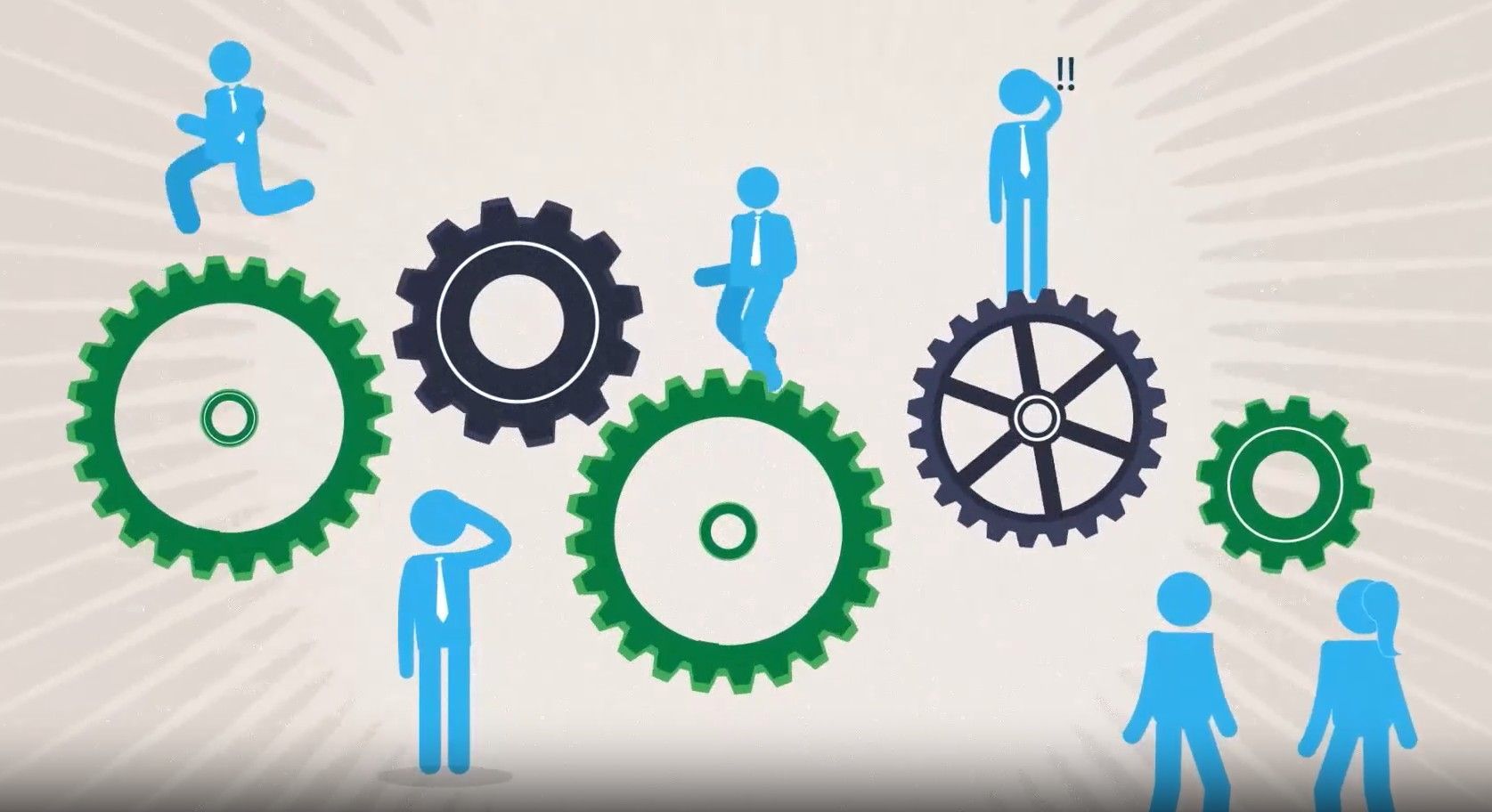Show and Tell or Ask and Listen?
October 15, 2025
Why do you think Chicago lost its Olympic bid?
There’s a lot of speculation, as you know, and not just in the Windy City.
- Michael Jordan didn’t step up and Pele did.
- President Obama left after his “pitch” instead of waiting for the results, snubbing the process.
- Backroom deals were in the works, and Chicago was still at the front door.
Now, we don’t want to beat a dead bid. But invest a little more time here to get our perspective, and we believe your company may well see top-line dividends. Why? We help companies build business-to-business sales processes, and we believe we have a good idea of why Chicago “lost the sale” . . . and how it could have won.
Essentially, we believe that even though Chicago did at first attempt to approach the bidding process as a complex, consultative sale, the city’s final presentation was more like that for a simple, transactional sale: much more “pitch” than persuasion.
We know that the city invested time building relationships with members of the International Olympic Committee and attempting to learn the issues that most concerned them. That’s what consultative selling does. But the city apparently was unable to discover a “winning” issue on which to build a highly persuasive campaign, which is what successful consultative selling does.
We can only speculate as to why. Perhaps those asking the questions were experts on sports but not on effective consultative selling techniques, or perhaps there just wasn’t enough time. Thanks to bids for the 2004 and 2012 Games, Rio de Janeiro had years of experience building a relationship with the IOC and learning its spoken and unspoken concerns. Such experience could only have helped Rio’s cause.
We don’t agree that a splash of flash would have saved the bid. In fact, we’ve found that a low-key approach works well in exactly this kind of complex decision-making process. The decision is a big one with high risk to the buyer, made by committee, based on multiple interactions, and implying a long-term relationship. Again, an Olympics bidding process has all the hallmarks of a consultative selling situation.
And about that word “pitch.” Nearly everyone used it to describe Chicago’s bid, especially in connection with the city’s final presentation. Even the President of the United States and the First Lady “pitched” Chicago.
“Pitches” and flash can work in small sales, where the first, and last, outcome is a one-time transaction, not a long-term promise. If you’re hot and thirsty, you buy a glass of lemonade from the pop-up, card-table stand in your neighbor’s front yard. If you’re tired and hungry, depending on your nutritional orientation, you eat a hamburger and French fries or maybe even crow, if you have to. You buy, consume, and move on. The sale is transactional, not consultative.
A bid to host the Olympic Games is clearly a consultative sale, not buy-and-consume transactional. Is a pitch strategy the best strategy? We don’t think so.
What is a pitch? It’s the way most salespeople work. It’s education, not persuasion. It consists largely of telling prospects how great your product or service is and how it works. Unfortunately, a simple pitch strategy does not itself work in complex sales and can even be harmful. Consultative selling–asking, listening, discovering–does.
So we think things might have played out this way:
Rough-and-tumble, chest-beating Chicago performed for the Olympic “buyers,” telling them all about itself in classic “pitch” style and treating them like an audience. That’s about all Chicago could do by that point. The city did not really articulate a clear case for Chicago based on issues of importance to the committee, either because it never found any or didn’t understand how best to present them in a way that was more persuasive than educational.
On the other hand, a more elegant Rio de Janeiro partnered with the committee as in a dance (probably the Samba), asking questions and listening to the answers to learn which issues most concerned the committee.
Eventually, Rio discovered a problem ideally matched to its solution, and that problem became the heart of a strategy that provided clear differentiation. The really important part of what Rio learned wasn’t even a secret. But Rio could use it to persuade the IOC that its selection would achieve an objective above and beyond just putting the Games in a city that would do a credible job.
The issue? The International Olympic Committee is genuinely committed to the ideal that the Games are for all of the world’s people. The IOC problem that selecting Rio solved was that no nation in South America had ever hosted an Olympics. South America’s continental rivals in the bidding process, however–Europe, North America, and Asia–had carried the Olympic torch many times.
Once Rio understood the implications of solving this IOC problem, the city could approach the bidding process so that the necessary educational elements lined up to persuade the IOC that, well, hey, Rio is the only logical choice.
Important Point #1: Rio did not discover the one-and-only “best” issue that could influence the committee’s decision. It discovered an issue that worked for Rio. We believe that Chicago (or Tokyo or Madrid) could have discovered an issue that matched up with its strengths too. Unfortunately, its efforts at discovery fell short and a transactional presentation was the only recourse.
Important Point #2: Identifying an issue significant to a prospect isn’t enough to close a sale. You then have to use that issue so the prospect sees that your solution is the most logical and the one that “feels” right, as Rio no doubt did.
Now here’s where your company’s top line comes in . Take a long hard look at your sales process. Does it show and tell or ask and listen? Is it all about you and your products or does it focus on the customer? Is it an educational pitch or a persuasive consultation?
Most important, are you, like the Windy City, losing opportunities you’re sure you should have won?
We won’t ever know if a consultative, persuasive strategy would have sealed the deal for Chicago. But after 16 years of helping our clients build successful sales processes, we do know that discovering what’s important to buyers affects the top line much more than telling them what’s important to you.
To learn more about how to develop a customized sales process for your company, please give us a call.
The post Show and Tell or Ask and Listen? appeared first on Productive Strategies, Inc..










